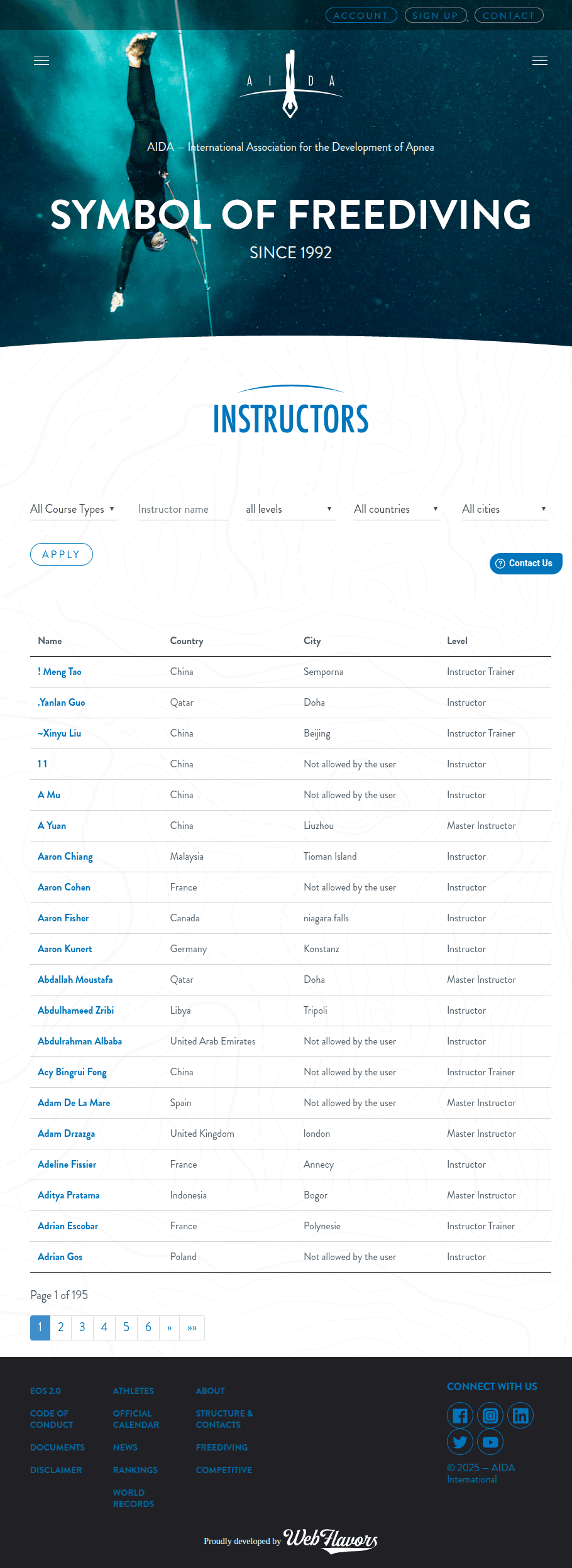
How Freediving's Governing Bodies Are Failing the Sport: What Every Freediving Student Should Know
An investigation into AIDA vs CMAS freediving governance, mishandled doping scandals, silenced complainants, and an industry where 47% of women report harassment. Essential reading before choosing freediving training or a freediving instructor.
Read Article
